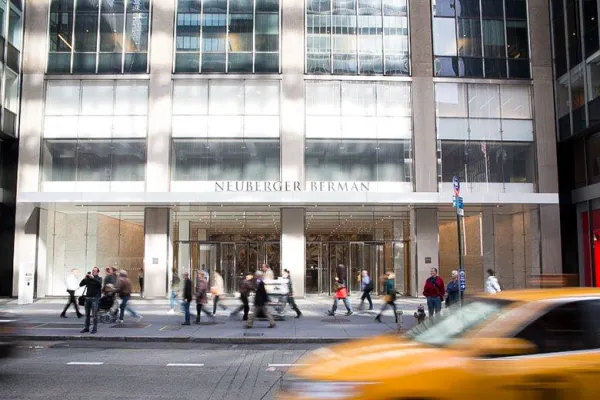BofA Merrill Lynch’s involvement in the $7.1 billion sale of Sybase to SAP this past May is a lucrative example of how consistency of coverage and personnel pays off in banking.
Steve Miller, co-head of enterprise and communications technology at BofA Merrill Lynch, and Jack MacDonald, who was recently promoted to co-head of Americas M&A, joined Merrill Lynch as part of the same recruitment intake in 1995. Both became members of the technology investment banking group, which built a reputation for persistence, good strategic advice and team stability.
Miller, 41, won the Sybase account nine years ago by cold-calling the Dublin, California–based technology giant. He gained Sybase’s trust through convertible bond deals and his advisory role in the 2006 acquisition of Mobile 365, a mobile messaging provider. In 2005, Merrill signed a formal engagement letter that made it the enterprise and mobile software developer’s adviser of choice. The team and the relationship survived Merrill’s acquisition by BofA in September 2008. “There are seven senior partners in our technology team who have been together for a decade, and that is something that is appreciated by clients,” Miller says.
Sybase and German business software provider SAP were also on familiar terms in the run-up to the transaction. John Chen, CEO of Sybase, and William McDermott, co-CEO of SAP, had a long working relationship before striking a commercial partnership two years ago to extend SAP’s applications to wireless by leveraging Sybase’s mobile platform.
During the first quarter of 2010, the pair discussed a deal. Then in April, McDermott called Chen to tell him that SAP was ready to make a formal offer. Miller and MacDonald, who were lead advisers to Chen along with Harry McMahon, an executive vice chairman of BofA Merrill, formed part of a six-member team that also comprised Michael Altmin, a vice president; David King, a managing director in investment banking; and Xuxia Kuang, an associate.
Sybase rebuffed SAP’s initial offer of $61 a share, as well as an improved $64 offer, forcing SAP to make a third and final bid of $65. “Once we got to $65, the board’s view was to continue along the road with SAP with a view to being able to make a decision as quickly as possible,” Miller says.
Before negotiations entered the home stretch, in the wake of the European sovereign debt crisis, SAP adviser Deutsche Bank came back in May and tried to recut the deal at about $63. “It was a difficult time in the markets,” MacDonald recalls. “The euro was falling off a cliff, so we had to work pretty much round the clock for two weeks to finalize the transaction at $65 a share.” SAP’s attempt to lower the price made sense to Sybase and did not threaten the deal. Financing was in the bag, and Chen and McDermott saw a deal at $65 as the most logical option.
Miller has since stayed on good terms with SAP. After it wrapped the deal, BofA Merrill advised the company on a private placement of $500 million, and the bank still covers SAP on both sides of the Atlantic.





